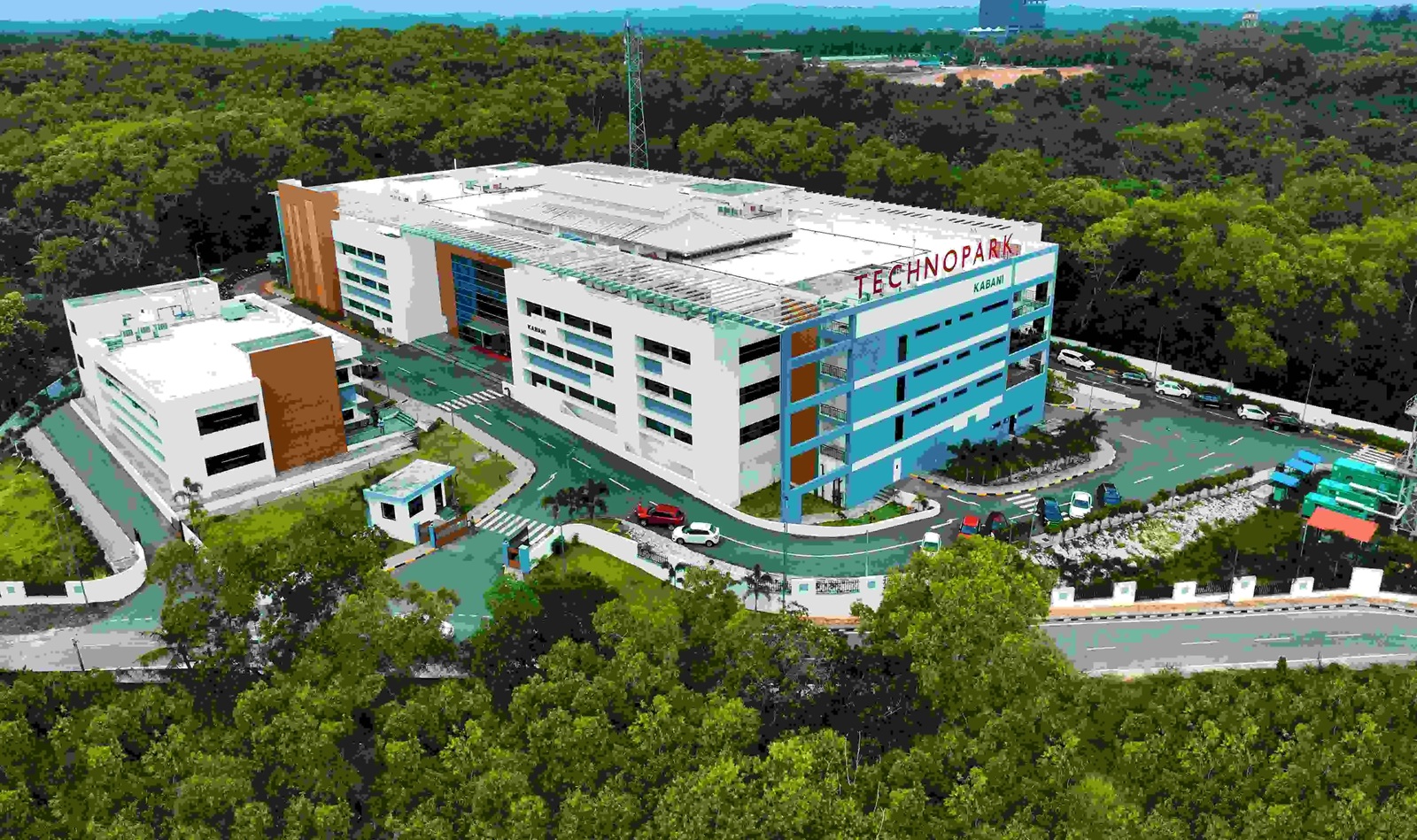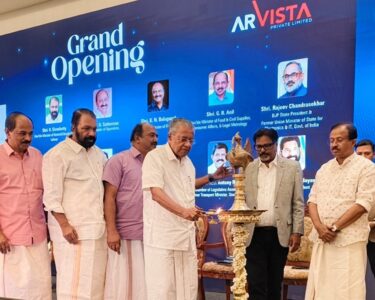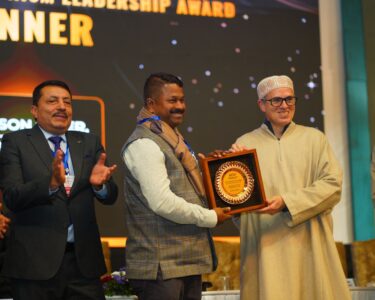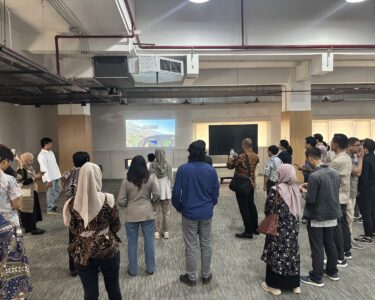Technopark, India’s pioneering IT campus located in Kerala’s capital, is set to complete its 35th anniversary on July 28.
What was once a tranquil expanse of cashew groves at Vaidyankunnu near the National Highway, has transformed into one of Asia’s largest and greenest IT parks. Technopark, the flagship of Kerala’s IT vision, owes its remarkable evolution to visionary leadership and sustained bipartisan political support.
Over the decades, it has played a pivotal role in reshaping Thiruvananthapuram into a thriving technology hub, powering Kerala’s transition to a knowledge-driven economy. Technopark has been central to the development of Kerala’s IT ecosystem. With state-of-the-art infrastructure, green-certified campuses, and a business-friendly environment, it has attracted a diverse mix of global IT giants, Indian majors, and fast-growing startups.
Today, Technopark is a major contributor to Kerala’s IT exports, which reached ₹13,255 crore in 2023–24 and are projected to grow by at least 15% in 2024–25 (official figures awaited). It continues to play a vital role in driving the state’s overall economic development.
Brahmasoft which later evolved into RR Donnelley through a series of acquisitions and now employs over 2,000 people was the first company to begin operations in Technopark’s inaugural building, Pamba.
Among the early anchor tenants was Tata Consultancy Services (TCS), which not only commenced operations during the Park’s formative years but also played a key role in shaping its master plan that helped lay the foundation for Technopark’s long-term infrastructure development and growth.
“Technopark has been an ecosystem enabler with a proud legacy, empowering global companies, SMEs/startups, and emerging tech players for 35 years,” said Col Sanjeev Nair (Retd), CEO of Technopark. “With strong ESG principles, a consistent CRISIL A+/Stable rating for four consecutive years demonstrating creditworthiness and financial health along with landmark expansions and a vibrant ecosystem, we are entering a new era of innovation.”
He added that Thiruvananthapuram, the capital city of Kerala with its rich talent pool and exceptional quality of life, has naturally evolved into a hub for technology-driven growth.
“The availability of skilled talent, mature infrastructure, low attrition rates, affordable cost of living, and government-backed land leasing policies continue to be Technopark’s strongest advantages,” he said.
Today, Technopark spans five campuses (four in Thiruvananthapuram and one in Kollam) across 760 acres, offering 12.72 million square feet of developed IT space. It hosts over 500 companies, including leading industry names such as Infosys, UST, TCS, HCLTech, Accenture, Tata Elxsi, Allianz, Guidehouse, Nissan Digital, Oracle, IBS, Quest Global, Toonz Animation etc.
Several prominent Global Capability Centres (GCCs) including EY, Allianz, H&R Block, Nissan Digital, Accenture, Equifax, Insight, ICON, RM Education, and Safran have established significant operations at the park. Technopark is also home to state-led institutions that drive innovation and skill development, such as the Kerala Startup Mission, Digital University Kerala, ICT Academy of Kerala, Kerala Space Park, and the upcoming Digital Science Park.
Further underscoring its global appeal, offshore firms like Armada and Dubai Insurance have chosen Technopark as their Indian operations base. Technopark also works with several co-developers to build and operate world-class IT infrastructure. Key partners include Embassy Taurus, Brigade Enterprises Limited, Carnival Technopark, Amstor Information Technology, Padmanabham, M-Square (M2) etc all of whom contribute to expanding the Park’s capacity and enhancing its operational ecosystem.
Technopark is poised for significant growth, with over 4 million sq. ft. of built-up space under development. These upcoming projects are expected to generate more than 30,000 new jobs. Key developments include the Downtown Trivandrum project by Taurus Embassy (Phase 3), TCS IT/ITeS campus (Phase 4), World Trade Center by Brigade Enterprises Ltd (Phase 1), The Quad (Phase 4), Commercial/IT & Prefabricated buildings in Phase 1 and Working Women’s Hostel (Phase 5, Kollam).
A major focus of the expansion is attracting more Global Capability Centres (GCCs). Initiatives such as establishing a dedicated GCC Studio Pad and developing a new master plan for Phase 4, with emphasis on GCC clusters and R&D hubs, are central to this strategy. As a key ecosystem enabler, Technopark is driving major sectoral initiatives by allocating land parcels/workspace for pioneering technological projects, aimed at strengthening Kerala’s rapidly evolving tech landscape.
Notable developments include the Kerala Space Park, Kerala Defence Innovation Zone (K-DIZ), MSME Technology Centre, Emerging Tech Hub, Digital Science Park, MuLearn by GTech and Unity Mall.
To further support investment and innovation, a comprehensive City Profiling Report is being prepared to showcase the region’s infrastructure, talent, and readiness for technology-led growth. Sustainability remains at the core of Technopark’s growth. It recently commissioned a 750 KLD Membrane Bio-Reactor (MBR) Sewage Treatment Plant at Phase III and holds ISO 14001, ISO 9001, and ISO 45001 certifications. Several buildings are IGBC-certified, reinforcing its leadership in eco-friendly development.
The year 2025 marks the 35th anniversary of Technopark, commemorated through a series of significant events. Highlights include the G Tech Marathon held in the month of February’25, a podcast series featuring industry leaders and former CEOs of Technopark.
On the anniversary day (28 July 25), the Technopark team will gather to reflect on their journey and set their sights on future development initiatives. The event will feature a motivational address and a cultural performance by Agasthyam Kalari, a special felicitation of Shri K Madhavan Pillai, a founding Executive Council member, and the launch of an exclusive branded store within the campus.
Additional activities planned as part of the 35th anniversary year include the envisaged initiation of major projects such as The Quad and the World Trade Center (WTC), along with some socio-cultural events in the near future.




